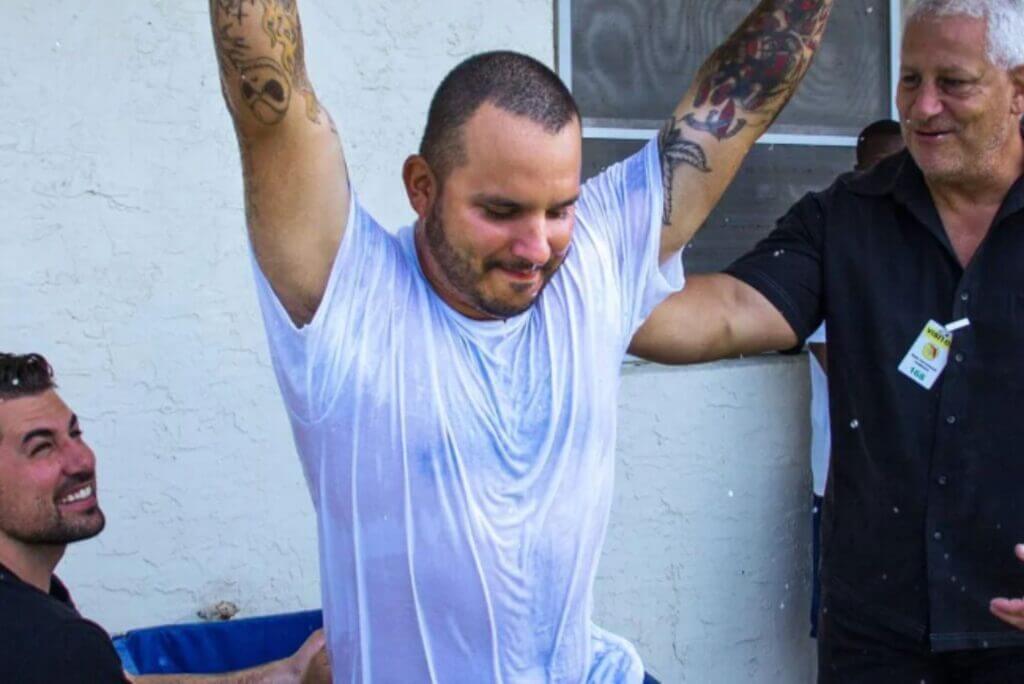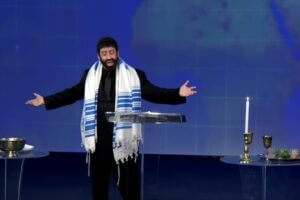The Fifth District Court of Appeals heard arguments Monday for the Morgan v. Plano Independent School District case, known nationwide as the “candy cane case.”
The case, which has been ongoing for eight years, raises the question: Does an elementary school student have a First Amendment right to free speech? It all started when then 8-year-old Jonathan Morgan was banned from bringing candy cane pens to a winter party because the poems attached mentioned Jesus.
“The school officials are asking the court to change the law to actually allow religious discrimination for the first time in American law,” says Kelly Shackelford, president and CEO of Liberty Institute, which represents several students and their parents in the case. “The judges were very attentive and active today, and we are hopeful they will reject this radical request from the school officials.
“I think it was pretty clear right off the bat that a number of judges were very disturbed by arguments made by the school district’s lawyers,” Shackelford adds.
According to Shackelford, the school district has changed its argument—even though it has appealed in court several times before now—claiming the free speech laws are unclear, and officials did not know they were violating the children’s rights.
“The big surprise today in the courtroom is that now the defendants are trying to shift their argument by throwing Plano Independent School District and their representation under the bus, and that school officials have no responsibility to know that they cannot engage in religious discrimination against student speech,” Charles Bundren, affiliate attorney with Liberty Institute, said yesterday.
Two former U.S. Solicitors General argued the case on the students’ behalf: Paul Clement and Baylor University President Kenneth Starr.
“This is ‘cold on the docks’ unconstitutional. We come in the spirit of Barnette v. West Virginia, that school districts have the responsibility to obey the law,” Starr says.
In the case Starr mentions, West Virginia State Board of Ed. v. Barnette, the U.S. Supreme Court ruled that it was unconstitutional to require children to salute to the nation’s flag.
Although Shackelford says several judges seemed to be outraged by the arguments of the defense, he also noted that not each of the 17 reacted that way. “You don’t know how it’s going to turn out. Nobody knows what’s going to happen with this,” he explains.
The judges will take months to deliberate, and Shackelford asks that the nation pray on their behalf. “This is going to be one of the biggest liberty cases,” he says. “It’s going to affect the whole country. I would encourage folks to put this on their prayer list. The Lord can certainly have an influence.”
See an error in this article?
To contact us or to submit an article






















